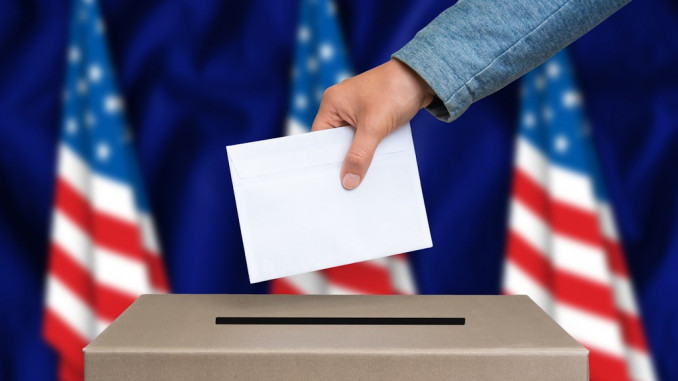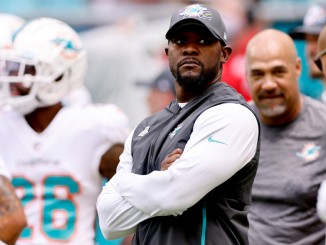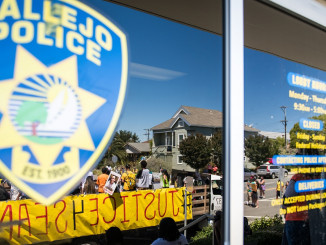
Until 1965, Black people couldn’t vote in most of the South. On Sunday, March 7,, 1965, police in Selma, Alabama and state troopers mounted on horseback clubbed hundreds of Black people who attempted to march across the Edmund Pettus bridge to demand the right to vote. Following that Bloody Sunday, Klansmen murdered two white supporters of Black rights. The U.S. government feared “Bloody Sunday” would set off rebellions in northern cities; so Congress finally passed a law that made it illegal for states and local governments to deny or impede Black citizens’ right to vote. Federal courts got the power to stop efforts by local and state governments to draw legislative and congressional district maps designed to dilute the impact of Black voting. Over the next forty years, Black voters brought hundreds of lawsuits against discriminatory election laws and practices by states and local governments, mainly in the South.
In 2013, a narrow majority of the Supreme Court declared the most effective provisions of the Voting Rights Act unconstitutional. Chief Justice Roberts claimed that systematic discrimination had ended decades ago, so it was time to weaken the law. As a result of this ruling, right-wing state governments began to chip away at opportunities to register, cut the number of polling places in Black neighborhoods, and intensified racial gerrymandering. Lawsuits brought by outraged Black voters defeated some of these new “Jim Crow” efforts. But now a federal Judge in Arkansas has ruled that individuals and groups have no right to sue to enforce voting rights; only the Justice Department, he says, has that power under what’s left of the Voting Rights Law.
The Arkansas ruling is being appealed and may get to the Supreme Court. For more than half a century, the Supreme Court has upheld the right of individuals to sue to protect their right to vote. However, two far-right Supreme Court justices, Clarence Thomas and Neil Gorsuch, have previously issued dissenting opinions denying that right. Two years ago, the new far-right majority on the Supreme Court overturned its own precedent, Roe v Wade, protecting a woman’s right to choose. Now, the Arkansas ruling may give the far-right majority on the Supreme Court an opportunity to disempower Black people as It has done with women.
The movements of the 1960s, for Black rights, for women’s rights, and against the war in Vietnam won concessions from the power structure only by carrying out mass disruptions of business as usual. Workers had won rights on the job by shutting down production during the big union movements of the 1930s. But when big struggles for change die down, the One Percent looks for ways to take back what was won because the capitalist system only thrives when the people it exploits have no rights it is obliged to respect.
Today, capitalism is driving our society deeper into crisis. Attacks on our rights are intensifying. Masses of people, including workers, need to organize a movement strong enough to stop the attacks. This could be the beginning of a movement powerful enough to uproot the capitalist system as a whole. Without that, our rights will never be secure.




